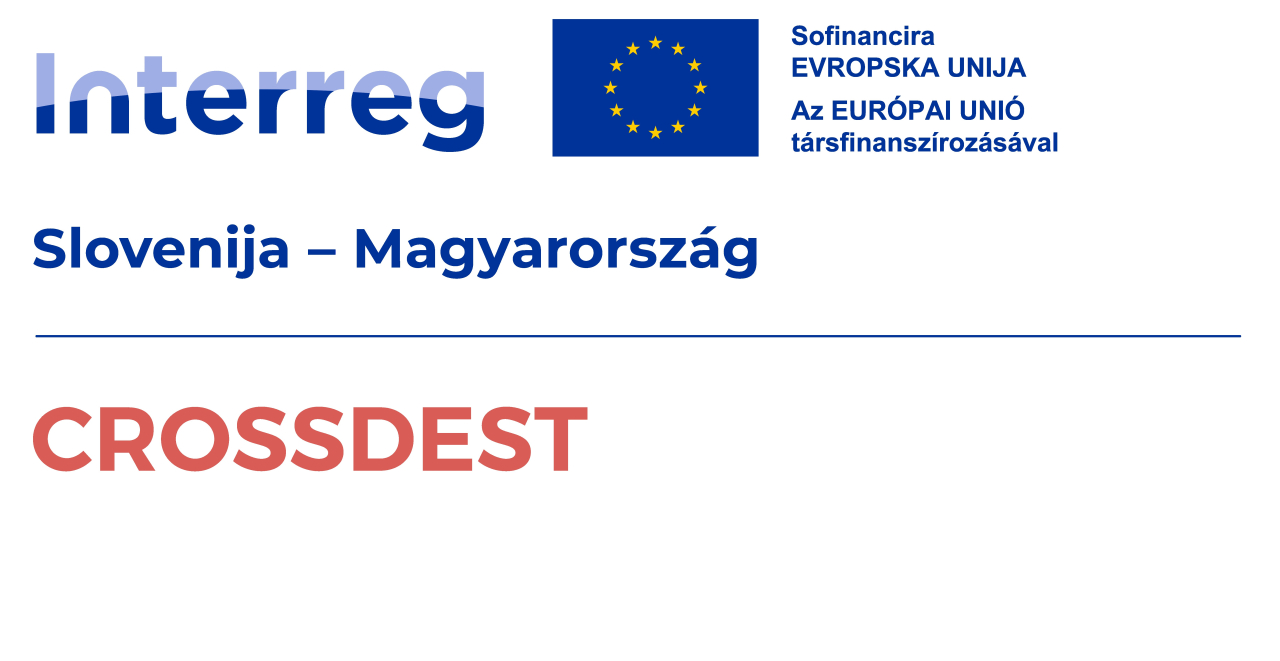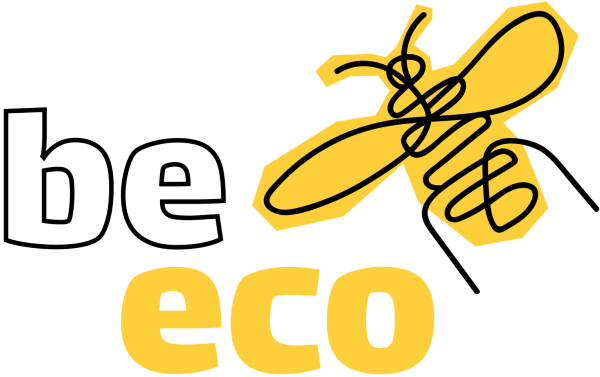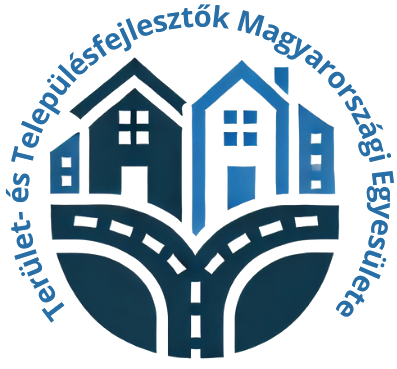Balánbánya
Balánbánya, a small town nestled in the embrace of the Hagymás Mountains, is located in the southeastern part of Harghita County. Once a significant centre for copper mining, it is now gradually transforming into a destination for nature, tranquillity, and active recreation. The mountainous landscape surrounding the town – particularly the areas around Nagy-Hagymás and Egyeskő – offers excellent opportunities for hikers, nature photographers, and climbers. The proximity of the Békás Gorge–Nagyhagymás National Park provides a habitat for numerous protected plant and animal species, while also offering valuable exploration opportunities for nature enthusiasts. The remnants of mining are now preserved only in a few industrial buildings, as the community increasingly turns towards nature-focused, small-scale, sustainable tourism. Marked hiking trails, viewpoints, pine forests, and peaceful mountain roads in the area await those looking to avoid mass tourism. Balánbánya is a place for quiet discovery – where nature, traces of the past, and a sense of community renewal coexist. - editorial content -
Getting there
- Walk
- Horseback
- Bike
- Electric bicycle
- Bus (rented for the trip)
- Bus (rented for the trip)
- Motorcycle
- Car
- Electric car
Arrival
- Walk
- Horseback
- Bike
- Electric bicycle
- Bus (rented for the trip)
- Motorcycle
- Car
Sights, programs
Public transport
Balánbánya is accessible by road from Csíkszentdomokos, with the nearest railway stops located in Madéfalva and Csíkszentdomokos.
- bus
Parking information
- Free outdoor parking available
Sustainability level
Topic 1: Destination Management 48%
- Visitor management: 40%
- Commitment and organization: 0%
- Design & development: 50%
- Monitoring and reporting: 50%
- Legal and ethical compliance: 100%
Topic 2: Nature and landscape 90%
- Nature and wildlife protection: 100%
- Nature and conservation: 80%
Topic 3: Environment and climate 47%
- Land use and pollution: 67%
- Water management: 80%
- Energy, sustainable mobility and climate change: 0%
- Adaptation to climate change: 50%
- Waste and recycling: 40%
Topic 4: Culture and traditions 29%
- Cultural heritage: 33%
- People and traditions: 25%
Topic 5: Social Welfare 31%
- Health and safety: 0%
- Local economy: 60%
- Socio-economic impacts: 0%
- Community participation: 25%
- Human dignity: 71%
Topic 6: Business and Communication 61%
- Business participation: 22%
- Information and marketing: 100%











